10 Alternatives to Informatica in 2026
Big Data
5 MIN READ
January 11, 2026
![]()
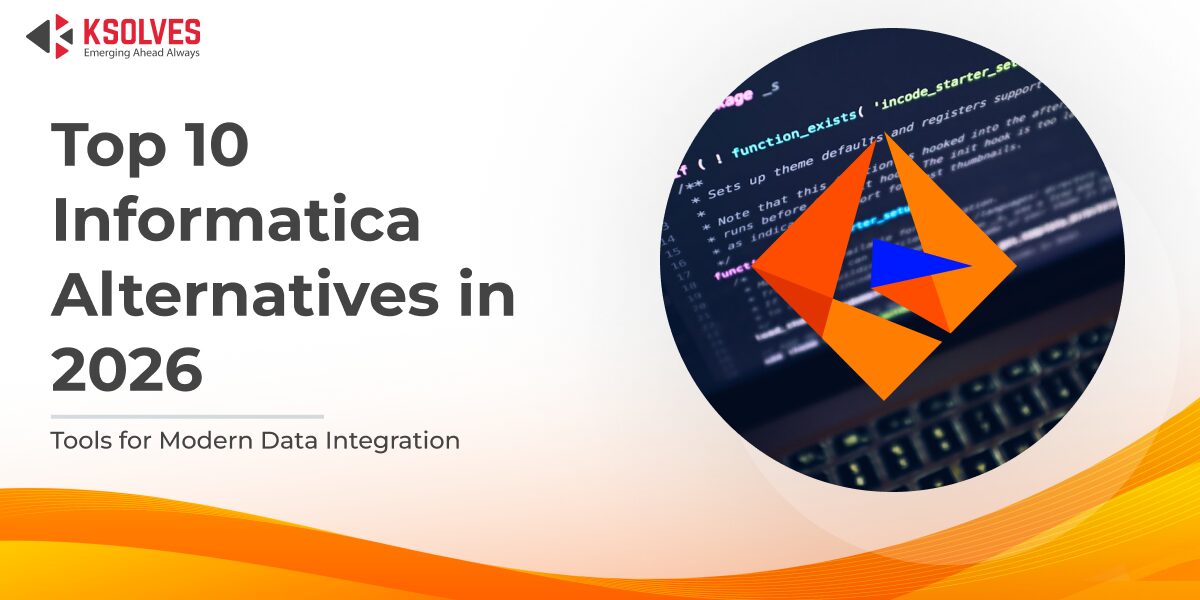
As we advance into 2026, the landscape of data integration and management tools is rapidly evolving. Organizations are increasingly recognizing the importance of harnessing data to drive decision-making and operational efficiency. While Informatica has long been a dominant player in this field, a variety of alternatives have emerged that offer unique features, flexibility, and cost-effectiveness. In this blog, we will explore ten noteworthy alternatives to Informatica that organizations can consider for their data integration needs.
What is Informatica?
Informatica is a leading data management platform that helps businesses integrate, manage, and make sense of their data. Originally known for its ETL capabilities, Informatica has grown into a cloud-native solution offering a wide range of services from data integration and quality to governance and master data management.
At the core is Informatica Intelligent Data Management Cloud (IDMC), which uses AI (via its CLAIRE engine) to automate and optimize data tasks. It supports both batch and real-time data movement, connects seamlessly with major cloud platforms, and helps organizations maintain clean, trusted, and unified data across systems.
Informatica is a powerful choice for enterprises with complex data needs, but it’s not the only option. Let’s explore what other platforms are leading the way in 2026.
Why Businesses Are Choosing Alternatives to Informatica
While Informatica remains a powerful player in the data management space, it’s not always the best fit for every organization. As business needs evolve and data strategies become more cloud-native and cost-conscious, many companies are actively exploring other options. Here’s why:
- High Licensing Costs: Informatica’s pricing can be prohibitive for smaller businesses or those with limited budgets.
- Platform Complexity: Its advanced features often require specialized skills, making it challenging for teams seeking a simpler solution.
- Scalability Limitations for Smaller Teams: Some companies need more flexible, lightweight tools that grow with them more efficiently.
- PowerCenter Support Is Ending: With Informatica phasing out PowerCenter, many users are being pushed toward IDMC, even if it’s not the right fit.
- Preference for Cloud-Native Tools: Businesses increasingly favor platforms built specifically for the cloud, offering better performance and agility.
- Need for Industry-Specific Capabilities: Certain industries may require features that Informatica doesn’t prioritize, prompting the need for more tailored solutions.
- Better Integration with Modern Stacks: Some alternatives provide smoother integration with today’s cloud and open-source technologies.
- Real-Time Processing Requirements: Organizations with high-volume, low-latency needs may benefit from solutions optimized for real-time data.
- Demand for Self-Service Tools: Teams want intuitive, no-code platforms that empower business users—not just IT—to work with data.
10 Alternatives to Informatica
Talend
Talend is an open-source data integration platform that provides a comprehensive suite of tools for data management. It encompasses data integration, data quality, and data governance, making it a versatile choice for organizations. Talend has a user-friendly interface that allows users to design workflows with ease, while its extensive connectivity options enable seamless integration with various data sources, including cloud services. The platform’s open-source nature also allows for customization, making it suitable for businesses with specific requirements.
Key Features:
- Cloud and on-premises deployment options
- Real-time data processing
- Strong data governance and security
- User-friendly interface with drag-and-drop capabilities
Apache NiFi
Apache NiFi is an open-source data ingestion platform designed for automating the flow of data between systems. It features a web-based interface that allows users to design data flows visually, supporting real-time data ingestion, transformation, and routing. NiFi excels in handling large volumes of data and offers robust security features, making it an excellent choice for enterprises with complex data environments. It has a great ability to manage data provenance, ensuring that organizations can track the flow of data throughout their systems. Are you planning to migrate to open-source Apache NiFi? Then talk to our experts.
Key Features:
- Visual programming interface
- Data provenance tracking
- Support for complex data routing and transformation
- Extensible architecture
Want to know how Apache NiFi benefits your business? Then read our blog: Apache NiFi Transforming Businesses
Hevo Data
Hevo Data is a no-code data integration platform that simplifies the process of moving data from various sources to data warehouses. Its intuitive interface allows users to set up data pipelines quickly, with real-time data replication and transformation capabilities. Hevo’s focus on ease of use makes it an attractive option for businesses that may not have extensive technical resources. Additionally, its automated features reduce the burden on IT teams, allowing them to focus on more strategic initiatives.
Key Features:
- Automated data pipelines
- Support for numerous data sources
- Real-time data replication
- User-friendly interface
Fivetran
Fivetran specializes in automated data connectors that enable organizations to replicate data from various sources into their data warehouses effortlessly. Its plug-and-play approach minimizes the need for manual configuration, allowing teams to concentrate on analysis rather than data preparation. Fivetran’s commitment to maintaining up-to-date connectors ensures that users always have access to the latest data, making it a reliable choice for organizations that require real-time insights.
Key Features:
- Fully managed pipelines
- Wide range of connectors
- Automated schema migration
- Data security and compliance
Matillion
Matillion is a cloud-native ETL tool designed specifically for data warehouses like Snowflake and Amazon Redshift. It provides an intuitive, drag-and-drop interface for designing data workflows and is compatible with numerous data sources. Matillion’s ability to leverage the power of cloud data warehouses makes it a compelling alternative for organizations looking to optimize their data processing. Its focus on performance and scalability ensures that businesses can handle increasing data volumes without compromising on speed or efficiency.
Key Features:
- Intuitive visual interface
- Native integrations with cloud data platforms
- Scalable and high-performance processing
- Collaboration features
SnapLogic
SnapLogic is an integration platform as a service (iPaaS) that provides a visual interface for building data pipelines. It offers a wide range of pre-built connectors and supports real-time data integration. SnapLogic’s focus on ease of use and rapid deployment makes it an attractive option for organizations looking to accelerate their data integration efforts. Its ability to integrate with both cloud and on-premises applications ensures that businesses can create a unified data ecosystem.
Key Features:
- Visual, low-code interface
- AI-powered automation
- Support for big data and cloud applications
- Extensive connector library
Alteryx
Alteryx is a user-friendly data analytics platform that makes it easy for anyone, whether you’re a data expert or just starting to prepare, combine, and analyze data. Its intuitive, no-code interface means you don’t need to be a programming whiz to get started. With Alteryx, you can connect to a variety of data sources effortlessly and create complete data workflows using simple drag-and-drop tools. It’s designed to streamline your data processes from start to finish, helping you turn raw data into valuable insights with ease.
Key Features:
- Drag-and-drop, no-code workflows
- Powerful data blending and prep
- Multi-user collaboration via a server
Airbyte
Airbyte is an innovative open-source ELT platform that simplifies data integration with over 550 pre-built connectors for various databases, APIs, and SaaS applications. Its modular design and strong community support allow users to customize and share connectors easily. With options for self-hosted or managed cloud deployments, Airbyte meets diverse organizational needs while ensuring flexibility and low maintenance.
Key Features include:
- Fully open-source and customizable
- Supports hundreds of pre-built and user-contributed connectors
- Deployable in the cloud or on-premises
- Offers optional data normalization after loading
- Includes built-in scheduling and orchestration for automation
Microsoft Azure Data Factory
Azure Data Factory is a cloud-native integration platform that enables users to design, manage, and automate data workflows across various systems and services. It provides a wide range of connectors to various data sources and supports both batch and real-time data processing. With its integration into the Azure ecosystem, organizations can leverage advanced analytics and machine learning capabilities.
Key Features:
- Seamless integration with other Azure services
- Support for hybrid data environments
- Visual interface for pipeline design
- Extensive connector library
Dell Boomi
Dell Boomi is a cloud-native iPaaS solution that helps businesses easily connect applications, data, and systems. With its drag-and-drop interface and prebuilt connectors, it simplifies integration across cloud and on-prem environments. Boomi is ideal for organizations seeking fast, low-code ETL workflows without heavy development effort.
Key Features:
- Visual workflow design
- Extensive pre-built connectors
- Support for hybrid environments
- API management capabilities
Migration from Informatica to Open Source with Ksolves
Planning to migrate from Informatica to open-source platforms? Ksolves is your trusted partner in making that transition seamless and future-ready. With years of hands-on experience in enterprise data engineering, our team of certified experts will guide you through every phase from auditing your existing Informatica pipelines to selecting the right open-source alternative, such as Apache NiFi, Apache Kafka, Azure, etc. We don’t just migrate, we modernize.
Our approach ensures zero data loss, minimal downtime, and optimized performance across your new architecture. Whether you’re looking to reduce licensing costs, improve flexibility, or scale your data operations, Ksolves delivers strategic, end-to-end migration solutions tailored to your specific goals and industry needs.
Conclusion
As we look ahead to 2026, the landscape of data integration tools continues to evolve. While Informatica remains a strong player in the market, these ten alternatives offer organizations a diverse range of options to meet their unique data integration needs. By carefully evaluating the features, scalability, and cost-effectiveness of each solution, businesses can make informed decisions that align with their data strategy and drive success in an increasingly data-driven world. If you are planning to migrate open source technologies like NiFi, Spark, etc., then Ksolves experts are here to help you.
![]()
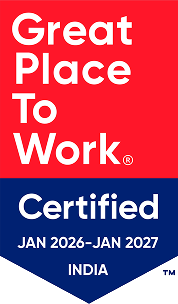
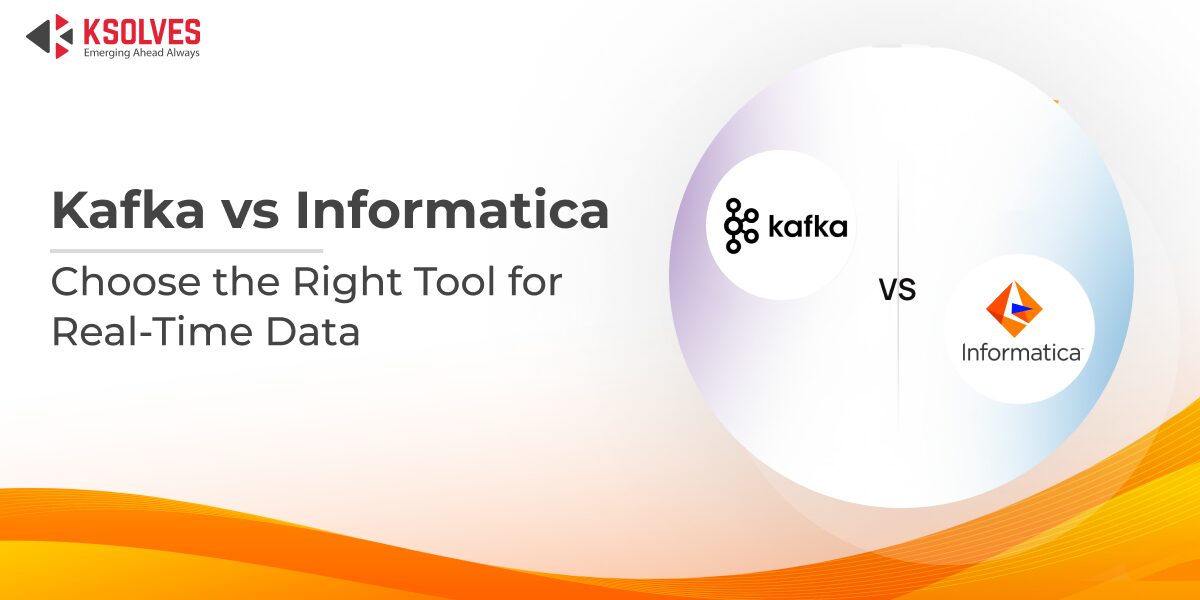
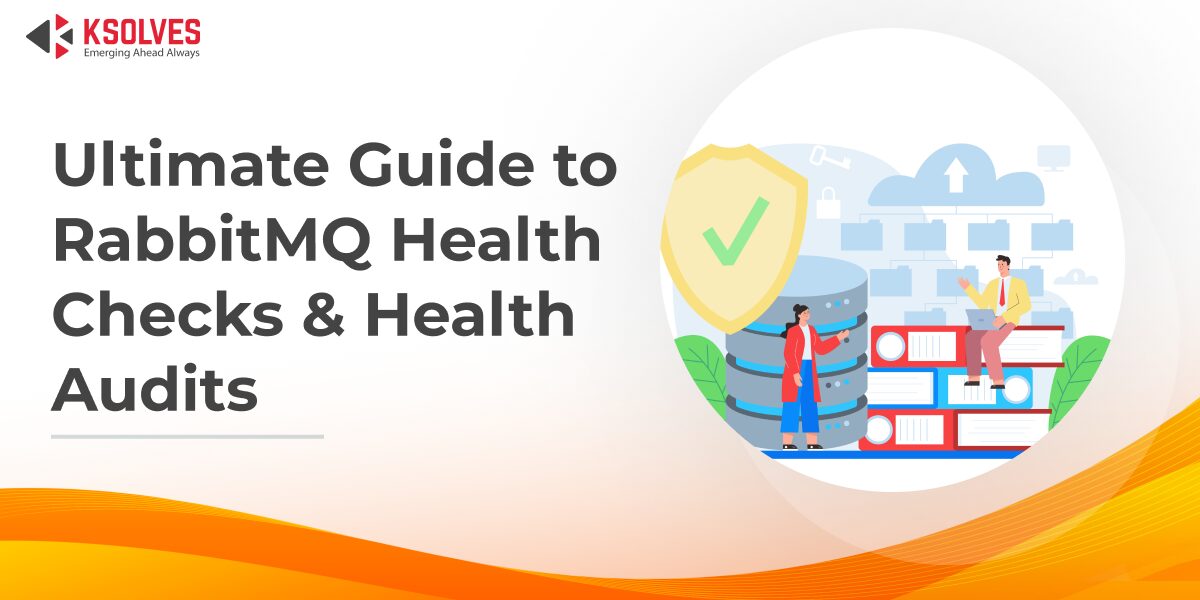
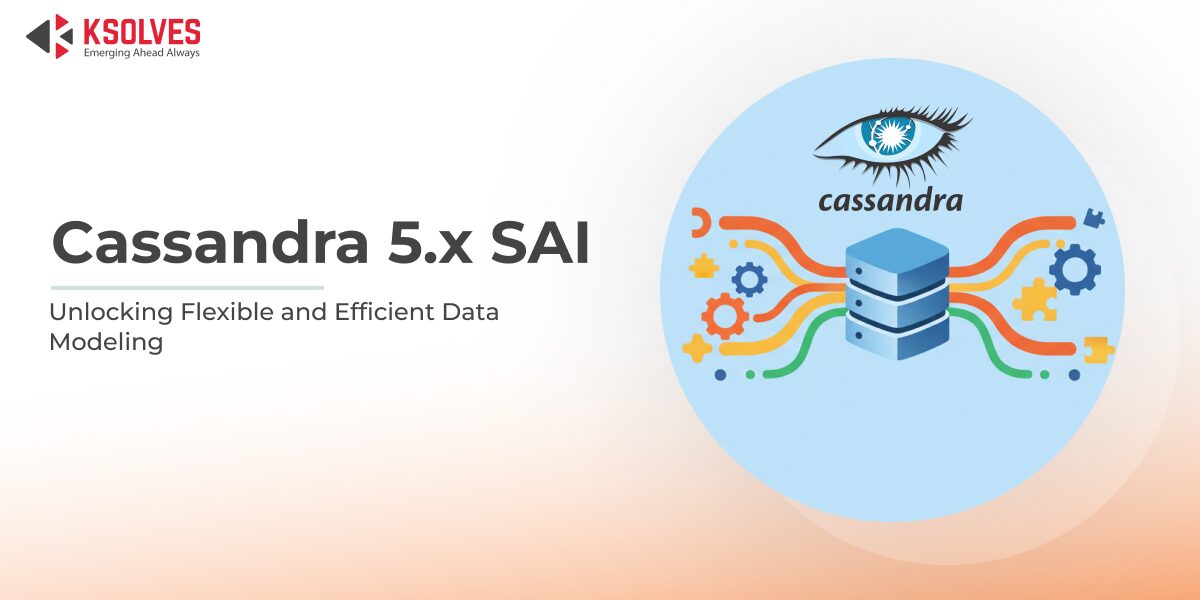




AUTHOR
Big Data
Anil Kushwaha, Technology Head at Ksolves, is an expert in Big Data. With over 11 years at Ksolves, he has been pivotal in driving innovative, high-volume data solutions with technologies like Nifi, Cassandra, Spark, Hadoop, etc. Passionate about advancing tech, he ensures smooth data warehousing for client success through tailored, cutting-edge strategies.
Share with